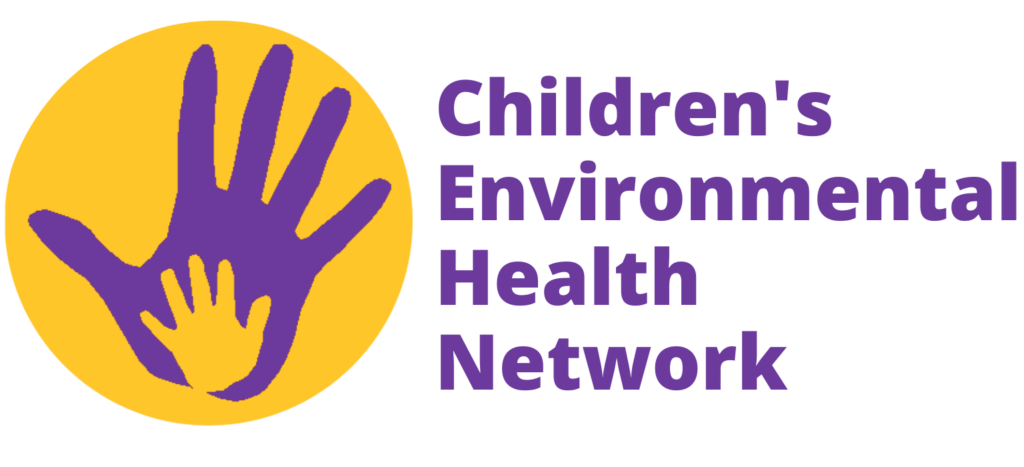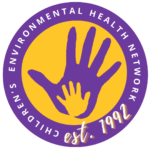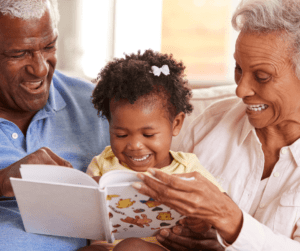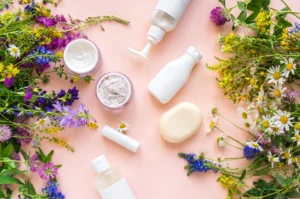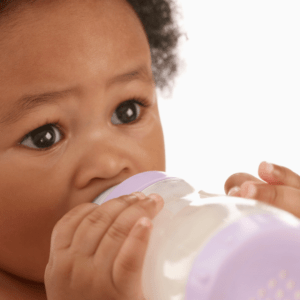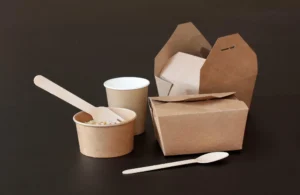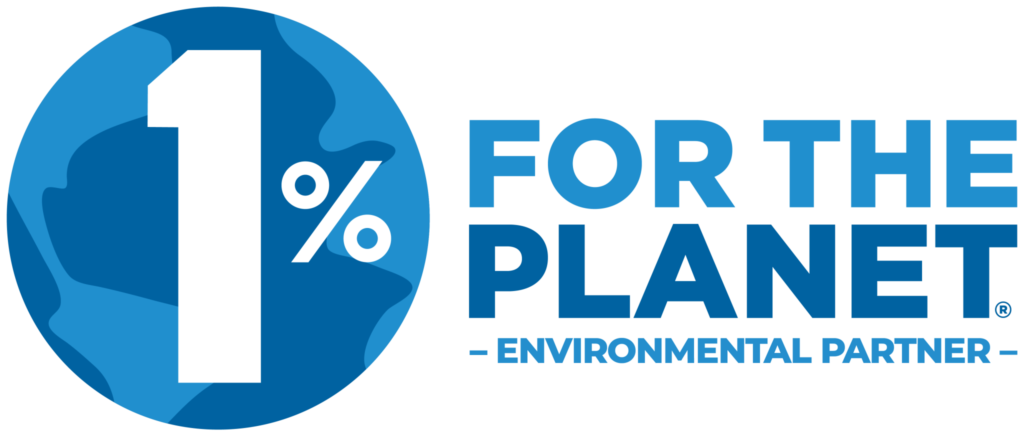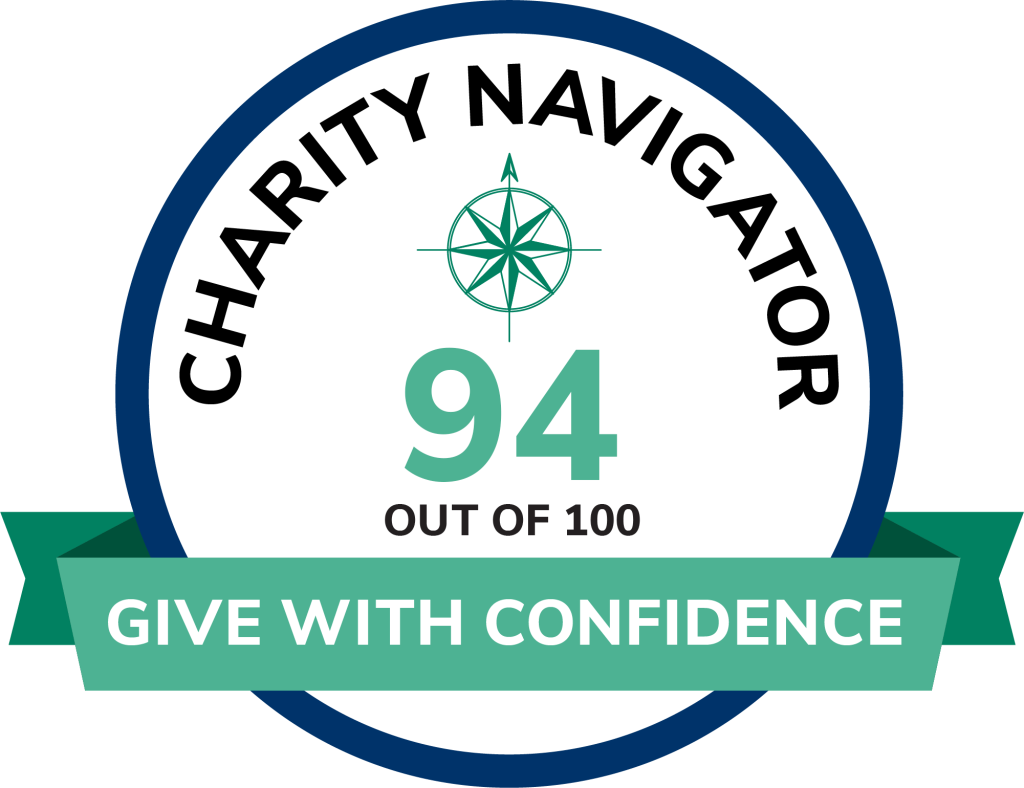Celebrating Children’s Environmental Health Day
By Hester Paul, M.S., National Director, Eco-Healthy Child Care®
Thursday, October 8, 2020 was Children’s Environmental Health Day (CEH Day). CEH Day is a platform for ALL of us advocating for healthier places for children to live, learn, and play. It is a way to increase visibility, educate decision makers, and create real change for children’s health.
This year the Eco-Healthy Child Care ® (EHCC) program celebrated CEH Day by organizing a panel of early care and education professionals.
Our panelists included Hester Paul, National Director of EHCC, Sue Kowaleski, Coordinator, Southern Adirondack Child Care Network, Michelle Barnes, Executive Director of the Helen Walton Children’s Enrichment Center, and Nicole Garro, Director, Early Childhood Health at Child Care Aware of America. Collectively the group has over 50 years of experience working to improve the quality of child care across the U.S.
Panelists talked about why children’s environmental health is so important to their work as child care professionals. The Helen Walton Children’s Enrichment Center became engaged in environmental health when several of the children they served were diagnosed with cancer. This sparked them to look at their practices and the facility itself to reduce environmental hazards in order to protect the health of children and staff.
Panelists also spoke of the pandemics impact on the child care field. Both Sue and Nicole highlighted how Child Care Resource and Referral Agencies have heard from child care providers about the challenges of obtaining safer cleaning and disinfecting products for their facilities given the increased focus on cleaning protocols. Providers are also seeking straight forward and science-based advice about how to safely run a child care facility during the pandemic. To help meet this new need Child Care Aware of America has developed a coronavirus resource hub for child care providers and is providing technical assistance to child care centers across the U.S.
Child care providers have always been integral to families’ overall health and well-being. During the COVID-19 pandemic child care professionals continue to play a key role in supporting essential workers. However, the pandemic has increased pressure on the already overburdened child care system. Many providers are closing their facilities because of economic pressures while others are struggling to stay open.
The CEH Day panel did believe the pandemic could bring a renewed focus on environmental health within the child care field–offering an opportunity to disseminate EHHC‘s message to a wider audience.
To assist providers in protecting their health and safety along with the children they care for during the pandemic, EHCC has created user-friendly and science-based materials in English and Spanish, based upon CDC’s COVID-19 guidance for cleaning, disinfecting and indoor air quality in child care facilities.
Listen to the CEH Day child care panel on our YouTube page and access our newly created COVID-19 fact-sheets (English and Spanish) on safer cleaning and disinfecting and indoor air quality on our COVID-19 resource page.
